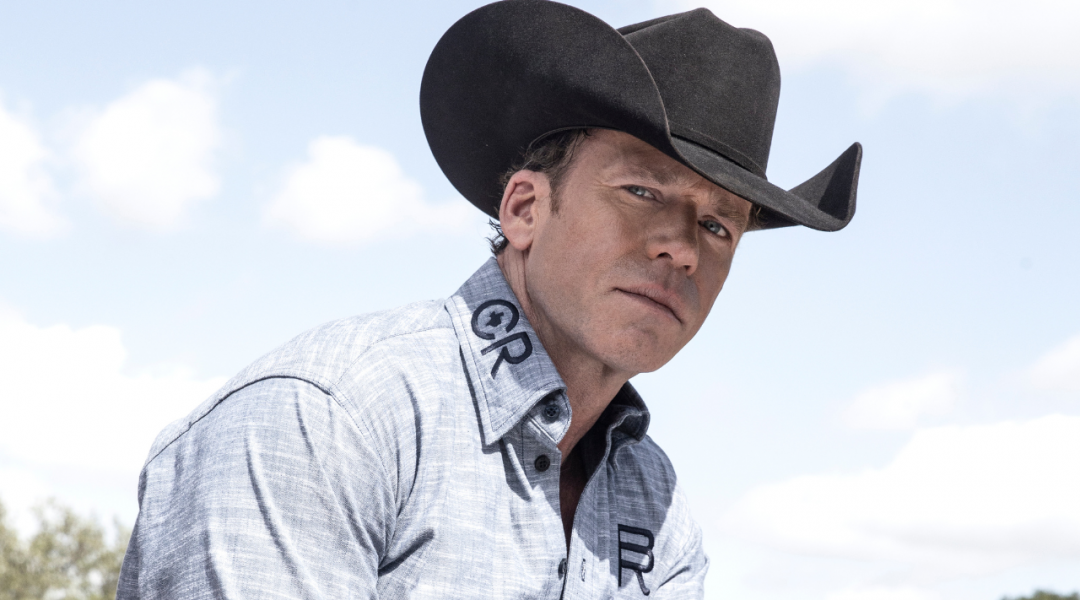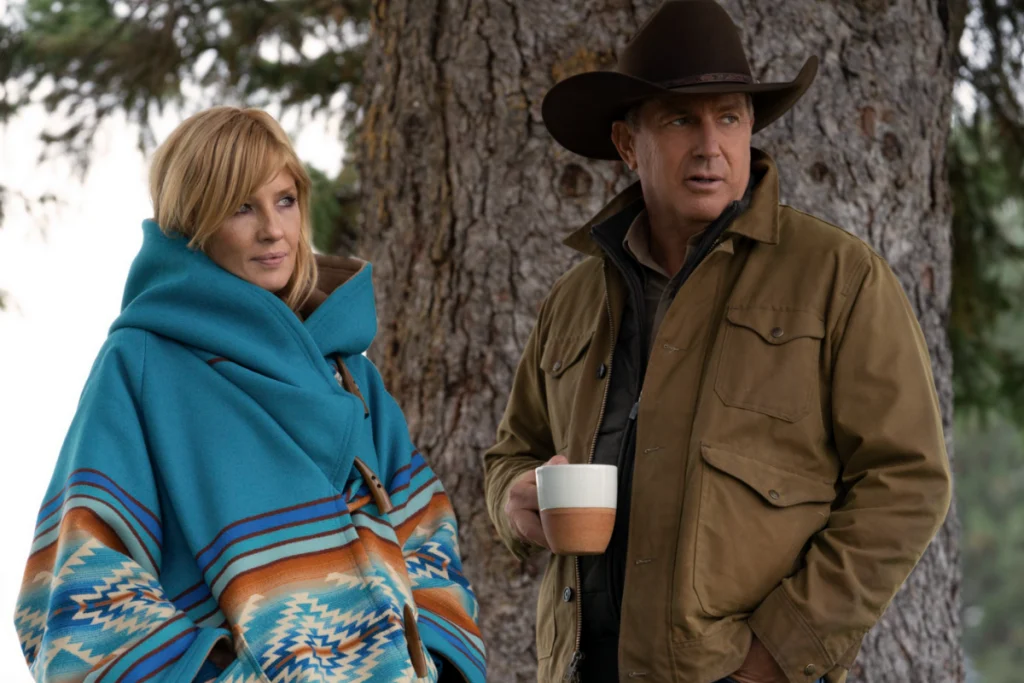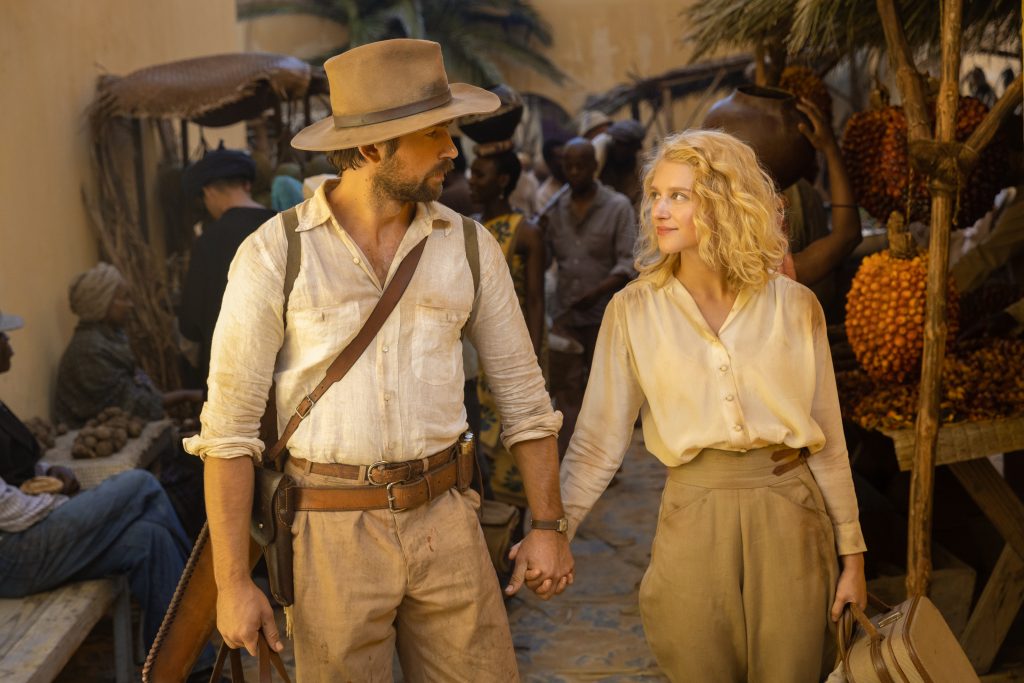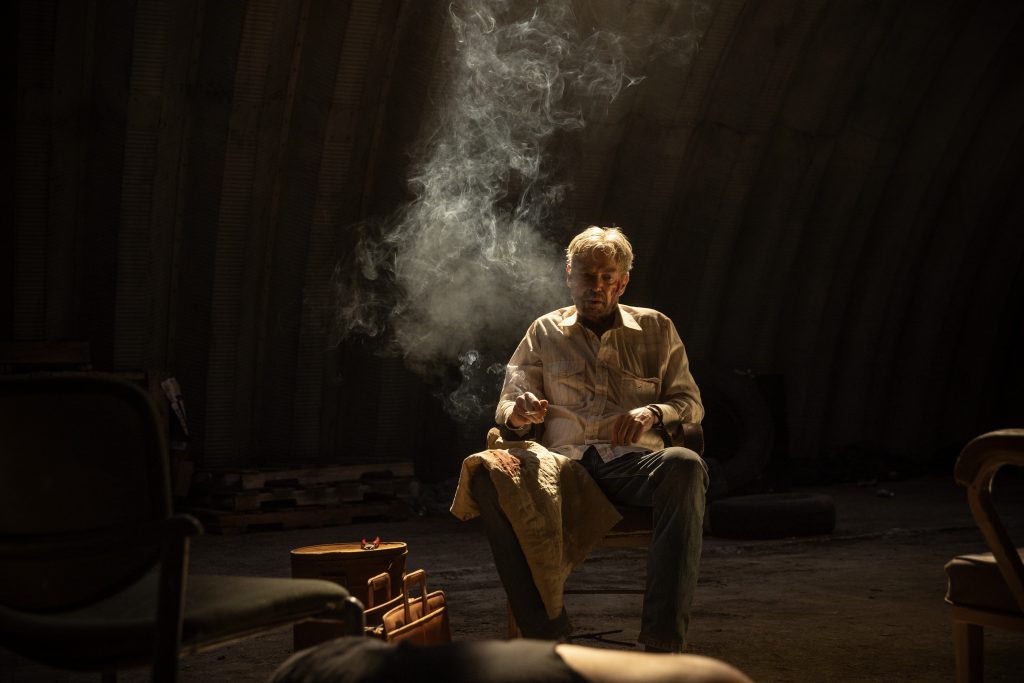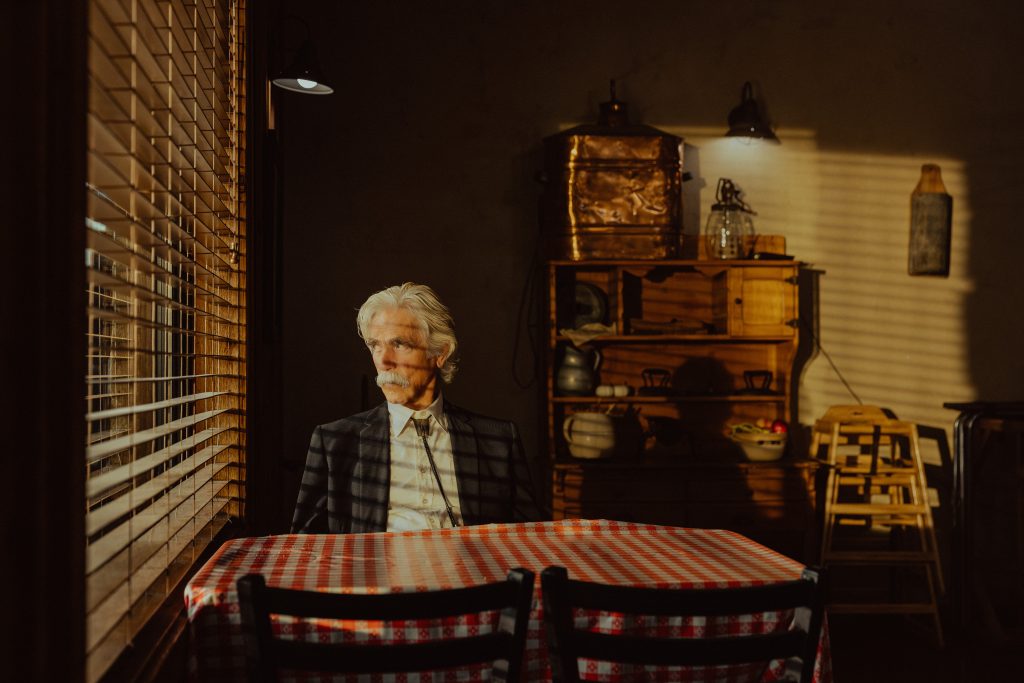The saga of the Dutton family remains a cultural icon, but Sheridan’s new series showcase higher stakes and tighter storytelling.
Taylor Sheridan has been busy building one of television’s biggest empires. In less than a decade, he’s gone from the faceless writer behind hit films like Sicario and Hell or High Water to the creative (and oft-shirtless) genius behind Paramount’s most ambitious lineup. His series are sprawling, gritty, and unmistakably his own, whether they’re unfolding on a Montana ranch, in a Tulsa bar, or in a Texas oilfield.
Paramount’s executives have spent hundreds of millions of dollars bringing Sheridan’s vision to life with series like Yellowstone and its spinoffs, 1883 and 1923; Tulsa King; Special Ops: Lioness; and Landman. And the strategy has paid off. Sheridan’s shows have already given Paramount something rare in today’s convoluted media landscape: prestige dramas that are both beautiful and profitable, all while drawing massive audiences week after week.
Yellowstone’s Waning Crown
No show has quite defined Sheridan’s ascent more than Yellowstone. The saga of Montana ranch owner John Dutton and his family of misfits (see Beth, Jamie, Kayce, etc.) turned into a cultural phenomenon. Kevin Costner’s unassuming authority anchored the series that elevated Western themes back into the limelight like it was the 1950s. Suddenly, everyone you knew was wearing a cowboy hat. For years, Yellowstone was must-see television, the kind of show that people rearranged Sunday nights to watch live.
It blended family drama with cowboy authenticity and a sense of place that viewers found irresistible. For a time, Yellowstone seemed untouchable in the ratings war. It had reignited America’s love affair with the West and cowboys and restored some of the lost luster of network storytelling. But even the strongest shows eventually fade from the spotlight.
Behind-the-scenes disputes, Costner’s unplanned departure, and seven seasons of wear and tear shifted audiences’ attention elsewhere. The crown jewel of Sheridan’s empire is still highly touted but no longer stands alone. Audiences who once relied on the Dutton family for the western drama fix have discovered new frontiers in Sheridan’s ever-expanding universe.
Building The Sheridan-verse
The secret to Sheridan’s expansive success lies not only in how well his other shows have been received (and how profitable they’ve become), but in some cases how they’ve surpassed Yellowstone in freshness and impact. Once hailed as simply a great writer, Sheridan now stands among the top television universe-builders of all time.
1883 gave viewers a sweeping origin story that followed the Duttons’ perilous journey westward into the frontier. Western legends like Sam Elliott, Tim McGraw, and Faith Hill lead the way, and the show brought traditional Western sensibility to television screens in a way that felt both authentic and cinematic.
1923 continued the Dutton saga into the extravagant and violent Jazz Age, with Hollywood legends Harrison Ford and Helen Mirren front and center. The series showcased scenes in exotic locales as far away as Africa and Europe and helped set up what may be further spinoff series (cue Kurt Russell and Annette Bening in The Madison).
Tulsa King stepped off the ranch altogether and gave Sylvester Stallone a surprising late-career surge as an East Coast mobster who must start over in dusty Oklahoma. And Special Ops: Lioness showed Sheridan’s chameleonlike nature as he ventured into international espionage, creating a tense contemporary drama starring Nicole Kidman, Morgan Freeman, and Zoe Saldaña.
All these projects have shown Sheridan’s range, but none have felt as timely or urgent as his latest, Landman.
Why Landman Matters
Premiering in 2023, the Texas oil drama was advertised as a modern-day fortune-seeking tale in the world of roughnecks, rigs, and deals done in the backrooms of Midland Hiltons. Where Yellowstone was about land and legacy, Landman turned its gaze underground, examining the ever-volatile and political oil and gas industry that fuels both prosperity and conflict.
Based on the popular Boomtown podcast, the series stars Hollywood big hitter Billy Bob Thornton as a crisis manager navigating the high-stakes world of the extraction industry. His performance is among the finest of his career, and he blends charm, weariness, and a ruthless instinct that makes every scene feel unpredictable. He is surrounded by an all-star cast, too: Jon Hamm, Demi Moore, Ali Larter, and Jacob Lofland, all of whom add dimension to a story that might otherwise feel overwhelmed by industry jargon.
What sets Landman apart is its resonance with the world we live in right now. While the Duttons’ saga taps into the romance of land ownership and familial legacy, Landman forces viewers to reckon with how their own wealth (as Americans) is created, how communities are impacted, and the environmental costs of it all. The show accurately and cinematically captures the cyclical nature of these oil boomtowns, where fortunes rise and fade seemingly overnight, and it grounds its drama in the lives of working-class folks whose paychecks come at enormous personal risk (see Episode 1).
The series also feels more mature than some of Taylor Sheridan’s earlier works. Although he’s been praised for his ability to create almost-operatic drama out of everyday conflicts, some of his shows, especially the waning seasons of Yellowstone, have dipped into melodrama. Landman, so far, largely avoids those traps. Sheridan’s writing is leaner, the stakes more imminent, and the balance between story and societal conflict more precise. Sheridan is at his most effective with Landman.
Looking Ahead
Season 2 of Landman arrives November 16, and anticipation is already high and building with every new publicity still (welcome, Sam Elliott) and trailer, which, released in early October, hints at more intrigue, danger, and exploration in the world of oil execs and roughnecks. If the first season established the show as a contender for Sheridan’s best series so far, the second may well confirm it.
Yellowstone fans may call foul. The series will always be the one that put Sheridan and his brand of storytelling on the map. It’s a cultural landmark, and no other Sheridan project will erase the societal waves it created (try wearing a black hat and sunglasses and not being mistaken for Cole Hauser’s Rip Wheeler).
Yet Sheridan’s particular showrunner genius has always been his ability to evolve and apply the themes he loves so much — land, power, and gritty survival — to new settings. In Landman, he’s keyed in on a particular subject that is not only rich in drama but relevant to our world today.
Taylor Sheridan has built his reputation on telling stories that matter to Americans. Those themes are the blood of every show in his arsenal. Yellowstone captured them in a way that felt fresh, and Landman sharpened them. With Season 2 only weeks away, it may be time to admit that Sheridan’s best work is no longer set on a Montana ranch, but rather in the unforgiving oil fields of Texas.
What Do You Think?
Head over to our Facebook, Instagram, or TikTok pages to comment with your opinion on whether Landman has become Taylor Sheridan’s best show yet.
PHOTOGRAPHY: (header) courtesy Emerson Miller. (All other photos) courtesy Paramount.






